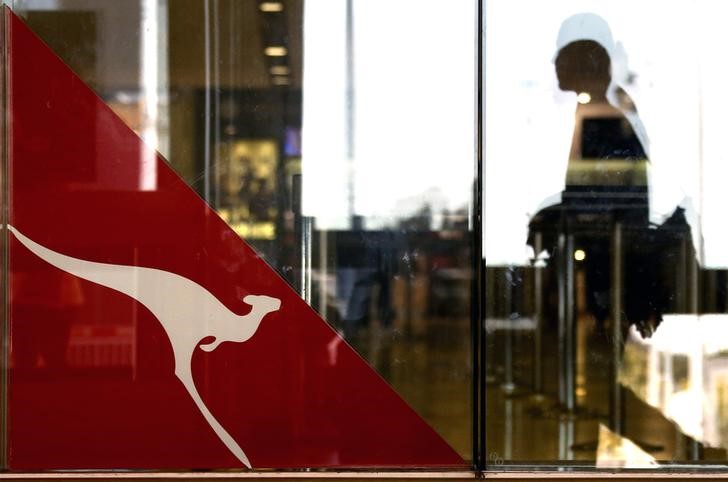By Matt Siegel
SYDNEY, March 22 (Reuters) - Australia's Department of Immigration and Border Protection on Tuesday joined other public sector workers in a growing strike that threatens to paralyse air travel at the nation's biggest international airports ahead of a holiday weekend.
Any significant disruptions could play into the hands of Prime Minister Malcolm Turnbull as he heads into an early election announced yesterday that will be fought largely on industrial relations and reigning in powerful unions.
Their workers will strike for several hours at five regional airports on Tuesday, a spokesman for the Community and Public Sector Union (CPSU) said, before expanding to state capitals such as Sydney and Melbourne on Thursday.
The strike could severely inconvenience international and domestic travellers as the nation heads into a four-day weekend for the Easter holiday, one of the busiest times of year for air travel.
"Our goal is to put pressure on the agency and on the government to actually talk with us. That's entirely the reason why this is being held, and the timing is because that's the timing that will apply the most pressure," a CPSU spokesman told Reuters.
Strikes at major airports, which are aimed at ending a two-year contract dispute between public sector workers and the federal government, will continue after the holiday weekend.
"There's rolling strikes planned from Tuesday next week for several weeks so it's not just about a one week thing in the lead-up to the long weekend, it's actually a longer term strategy," the spokesman added.
On Monday staff at a wide range of government offices including welfare agency Centrelink, the Tax Office, Bureau of Meteorology, the Department of Prime Minister and Cabinet and the Australian Bureau of Statistics, walked off the job.
Government employees represented by the CPSU say that the government has refused to negotiate with them in good faith.
A spokeswoman for Employment Minister Senator Michaela Cash called the union's actions "disappointing" and said that they were placing the needs of their workers over those of disadvantaged citizens who rely on government services.
"It is disappointing that the CPSU has resorted to industrial action, particularly in circumstances where regional DHS offices are most impacted," she said, referring to the Department of Human Services.
"It is also greatly concerning that the CPSU's conduct will mean that some of the most vulnerable in society may (have) their services impacted over Easter."
